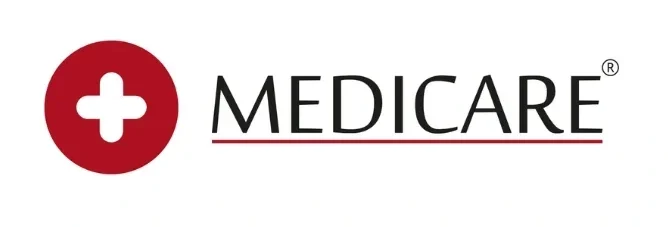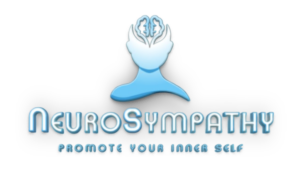INTENSIVE PROGRAM
" The more you like yourself, the less you are like anyone else, which makes you unique "
- Walt Disney -
Intensive Intervention Program
Psychotherapeutic/neuropsychological intervention aims to promote self-knowledge as well as empower cognitive/behavioral functions through strategies based on different areas of psychology (cognitive behavioral; psychotherapy; mindfulness; art therapy, among others).
Completely personalized to each person based on their interests.
This can be individualized or in a group depending on the needs of each person.
This type of consultation can be performed in person or online.
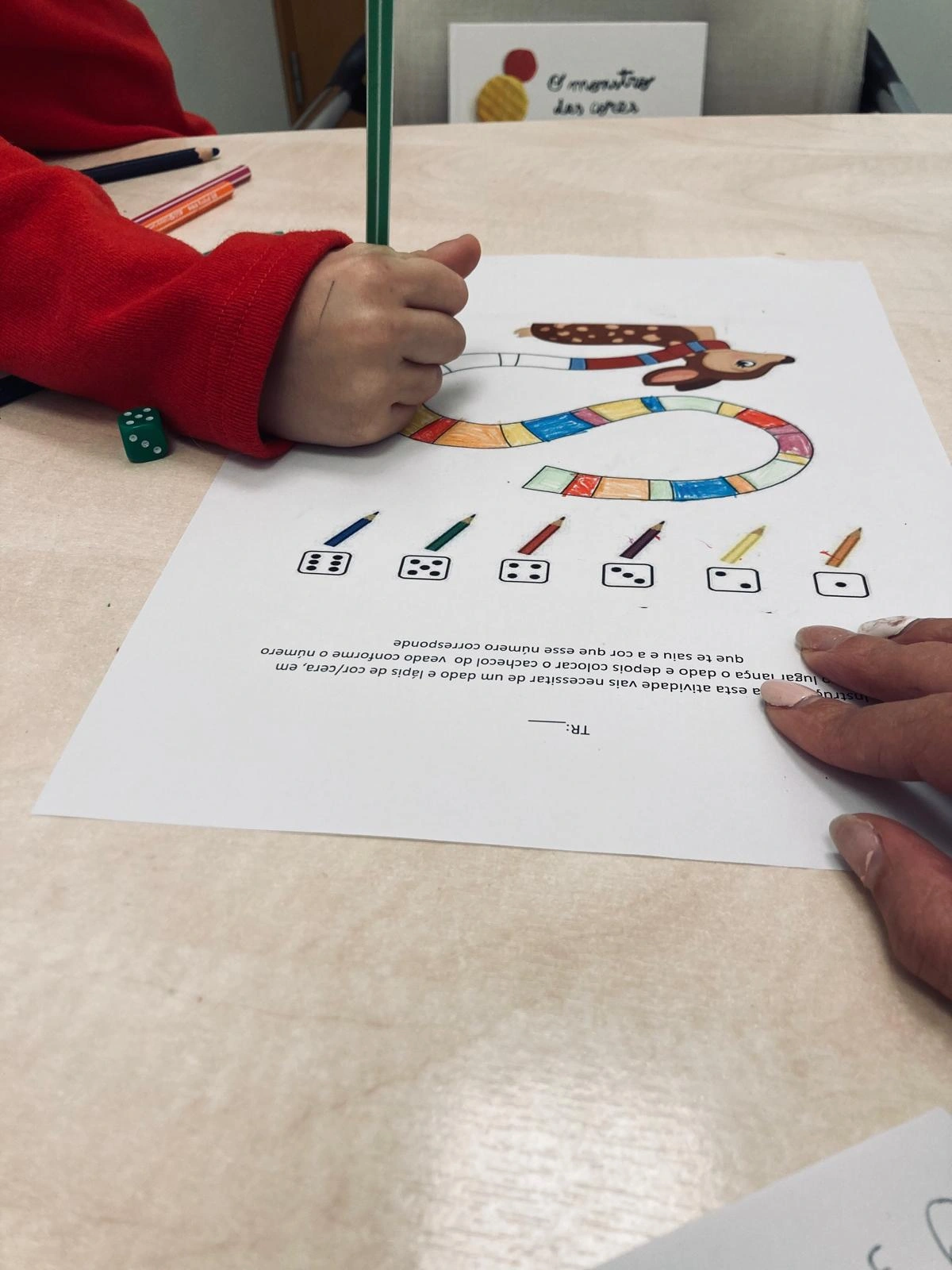
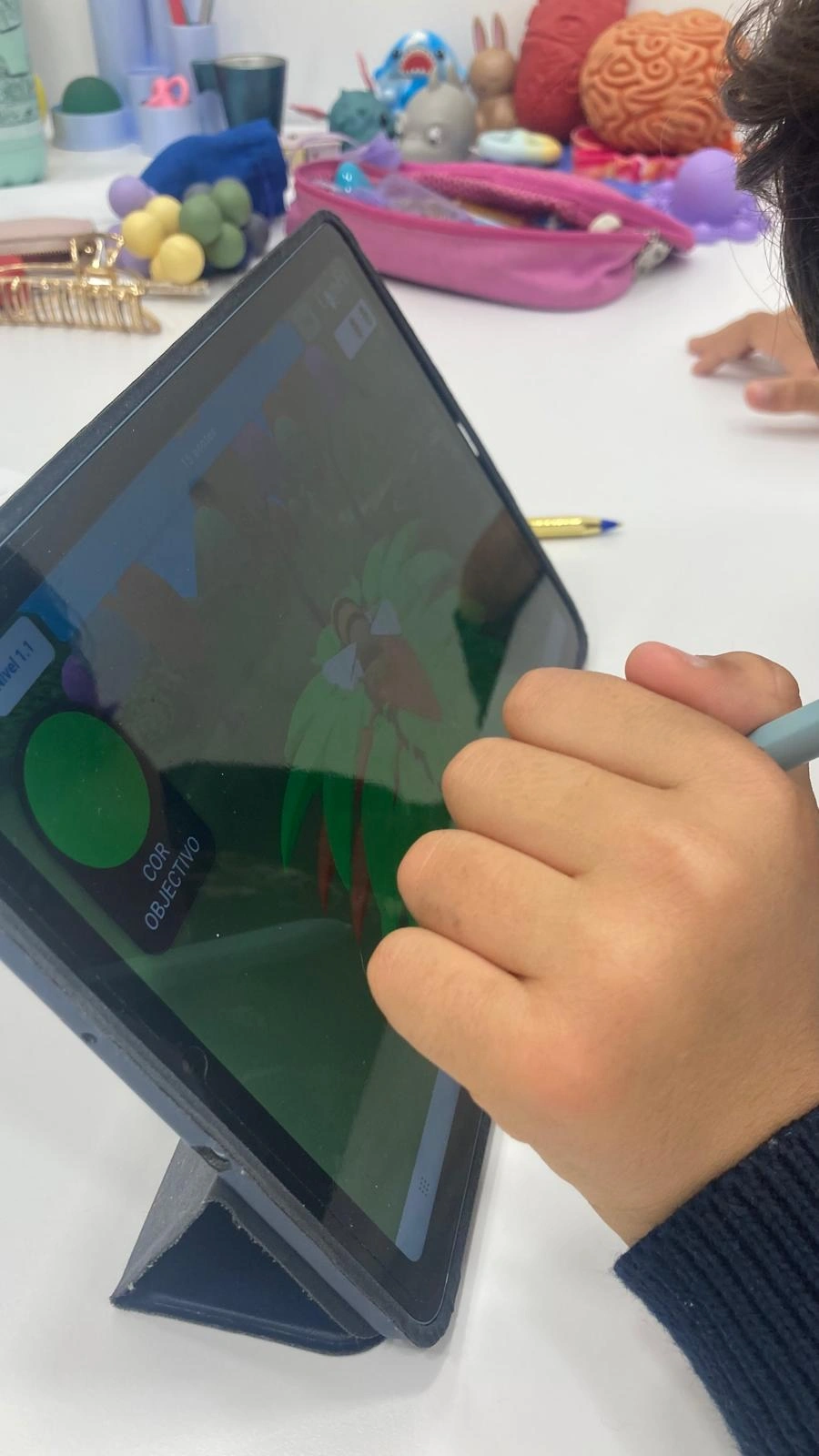
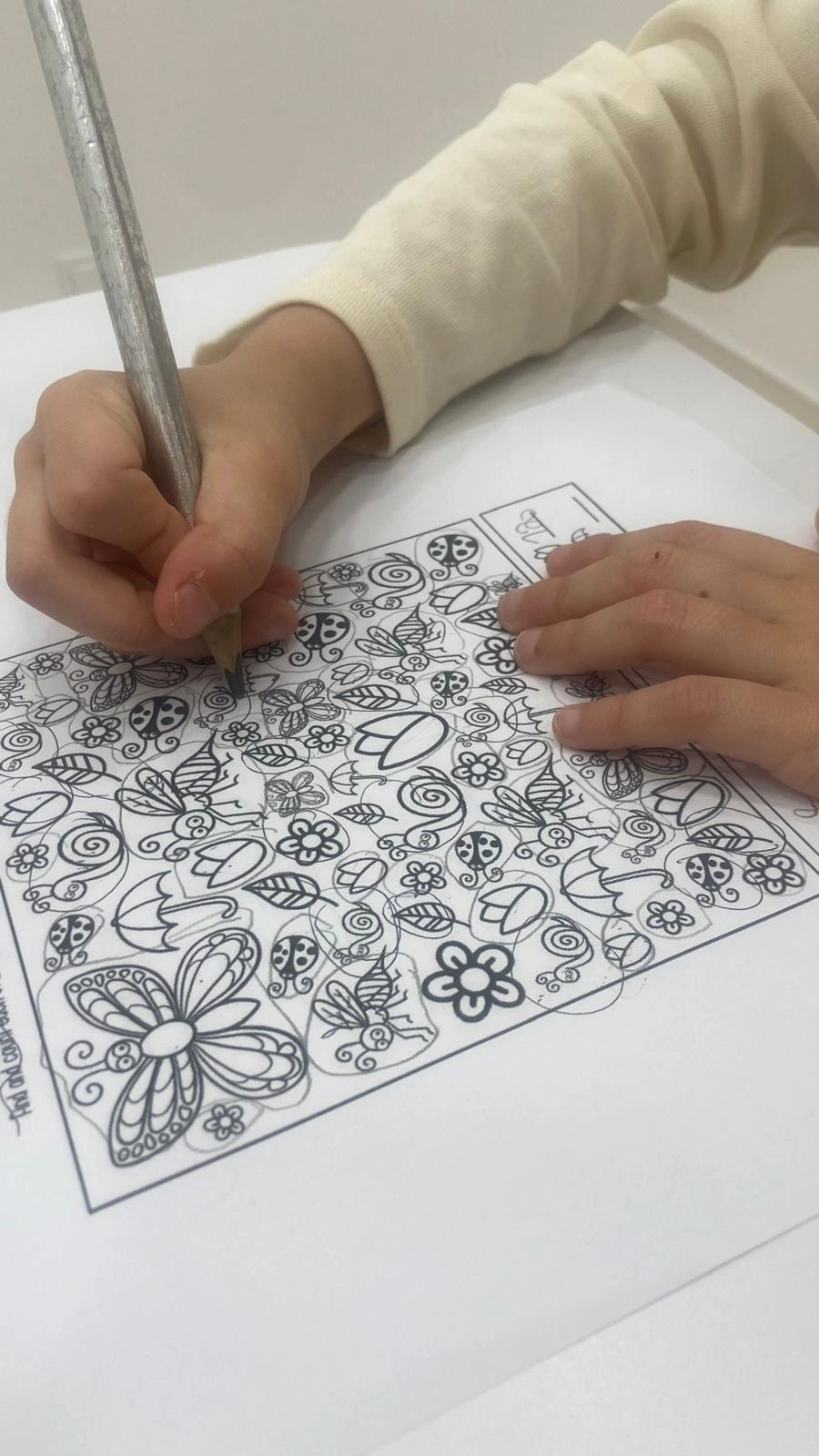
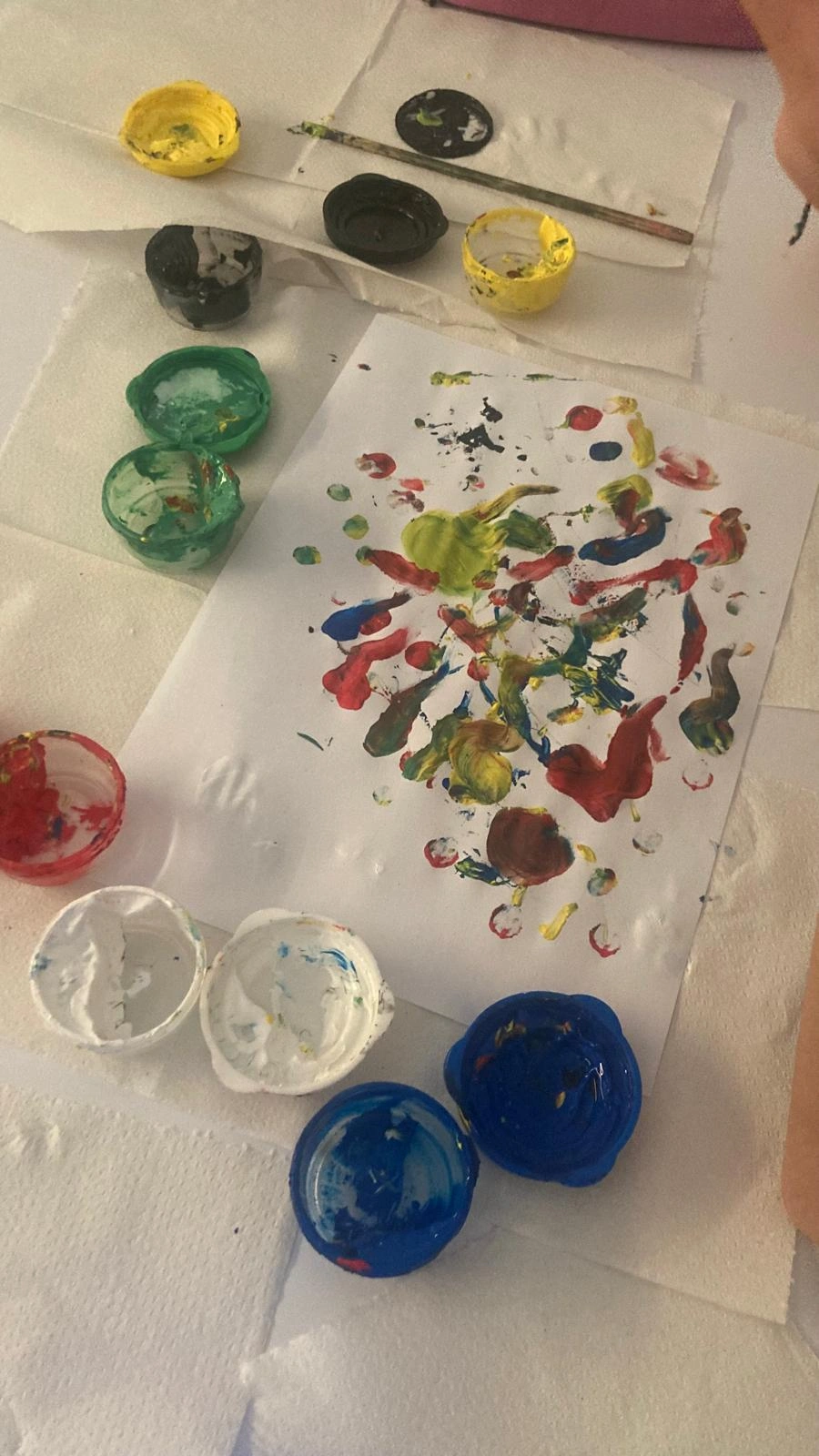
Book a Neuropsychology consultation in ZAPPY Software
This consultation can be in person or online
“CHILDREN CORRECT THEMSELVES VERY EASILY”
– MARCUS T. CICERO –
Target Audience
This program will be adapted for the following school levels:
• Pre-school – Nursery (4-6 years old)
• Primary Education, Basic & Secondary Education (7-18 years old)
What it consists of ?
This intensive program for children and young people with ADHD consists of 24/26 sessions, primarily with a neuropsychological and emotional assessment.
The basic structure is :
Clinical interview > Intelligence scale and/neuropsychological assessment battery > attention tests > quality of life questionnaire – child > stress index.
It can be divided into 2 sessions of 1 hour each.
The neuropsychological assessment will be carried out in two moments, the first moment in the initial phase, 1st session of the first month and the second moment in the third month in the penultimate session.
After the initial assessment, cognitive/emotional stimulation will be carried out (9 sessions per month, with the possibility of being Online/In-person – they will consist of playful games at pencil and paper level; plasticine; Legos; among others and computerized games.
In addition, in order to stimulate self-control, we will have a relaxation part that will consist of Mindfulness exercises (breathing; painting; music and many more).
There will also be a Family Corner which will consist of 3 sessions (1 per month in person) with the aim of reinforcing positive parenting.
The purpose is to create a moment of sharing with the family in order to clarify doubts/fears/updates/evolution, among others, and develop family dynamics applied in the session and strategies that you can carry out at home with them, in order to promote the well-being of the family.
The sessions will meet the needs and tastes of the child/adolescents, at the end of each session they will receive a personalized “activity notebook” to enable daily stimulation.

Program Durability
The total number of sessions are 24 – 26 (depending on the number needed for the evaluation), lasting 1 hour, twice a week over a period of three months.
Main Objectives
The initial objective is to identify the difficulties that the child/adolescent has in different contexts (individual, home, school, social, etc.), correspond to the parents’ objectives, and of course, through activities, manage/discharge the daily accumulated stress in a dynamic way and without damage.
From there, encourage him/her to learn in a playful way, with positive reinforcement, demonstrating that he/she is capable; helping to deal with frustration levels by working on accepting limits, as well as integrating the family in this context and evolving together.
At the end of the program (three months) we will evaluate again to check progress, that is, the current cognitive/emotional state.
Reference of Valid Instruments for the Portuguese Population
Wechsler, D. (2003) Wechsler Intelligence Scale for Children – Third Edition (WISC-III)
Manual [Portuguese adaptation / Portuguese adaptation: Mário R. Simões, Maria João Seabra-Santos, Cristina P. Albuquerque, Marcelino Pereira, António Menezes Rocha and Carla Ferreira]
Blindc. (new editions, with data from updated validation studies: 2003, 2004, 2006, 2009)
D2: attention test: technical manual / Rolf Brickenkamp – adapt. Carla Ferreira, António Menezes Rocha. – 1st ed. – Lisbon: CEGOC-TEA, D.L. 2007. – 82 p. :il. ; 23 cm. – (Psychological diagnosis. Intellectual skills)
CONNERS SCALE FOR PARENTS (REVISED VERSION SHORT FORM) (Keith Conners, PhD., 1997; Translation and adaptation A.R.Rodrigues)
People in My Life – Scale of attachment to parents and peers for children and adolescents [PMV]
People in My Life [PIML] T. A. Ridenour, M. T. Greenberg, & E. T. Cook (2006)
Helena Moreira, Ana Fonseca, & Maria Cristina Canavarro (2013)
SCARED-R – Cr version. (Muris et al., 1999 Experimental Portuguese version by Pereira & Barros, 2010)
Book a Neuropsychology consultation in ZAPPY Software
This consultation can be in person or online
It is intended that at the end of the program, the child/adolescent will be able to control themselves, maintain attentional focus, be able to plan their day, improve school and social activities, reducing frustration, insecurities, among others.
- Partnerships -


